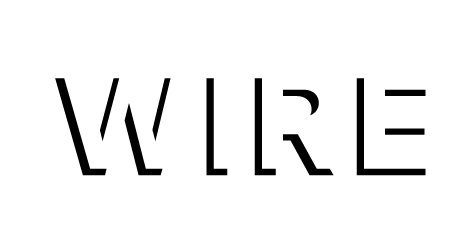
The Environmental Interest House, commonly referred to as The Outhouse, held “Bring the Outside In: An Environmental Convention” on Saturday, Nov. 11. The Outhouse focuses on environmental and ecological issues and creates events centered around these themes. Just this semester, they have held events like “Outhouse Unplugged” and “A Mulch Party,” as well as collaborating with other environmentally-centered organizations and clubs on campus.
“Bring the Outside In” brought students, professors, environmental researchers, scholars, local members and others to discuss and present on a range of topics that are specifically relevant to the Walla Walla and Whitman communities.
The convention included a tabling session where participants had the opportunity to interact with presenters about the work that they were doing and possible ways to get involved. The tabling session was followed by a roundtable discussion where both participants and presenters had more extensive conversations on environmental topics and issues.
Senior Outhouse resident Lauren O’Rourke discussed the event’s inception.
“The original idea I had was all of us gathering in the Outhouse and talking about the environmental issues that mattered to us, in an intimate way, maybe like a miniature poster session,” said O’Rourke. “The idea evolved with the help of Gwen [Marbet] and Jake [Sandberg], from the Outhouse, into a bringing together of different, environmentally-interested factions from both on and off campus to get together and talk about the issues that matter to us, but do so in a more formal way.”
Speakers and presenters were selected by members of the Outhouse. On-campus departments like Geology, Environmental Studies and Biology were invited, as well as local organizations that do work around sustainability.
O’Rourke discussed what she hopes the result of the convention will be for the Whitman and Walla Walla communities.
“I’d love to see more students get engaged with the environment, but specifically be given tangible organizations to work with in environmental work, because I feel like a lot of people are very gung-ho about environmental work, but the issue is so big, and the ways of getting involved, so nebulous,” O’Rourke said. ”I think by bringing [organizations] to campus and letting students talk to them, we can give students very clear, tangible action plans of things to do and people to work with if they care about this area and the environment in general. A lot of environmental work starts where you are.”
O’Rourke emphasized the breadth of organizations present and how multiple avenues exist to make a tangible impact on the environment.
Blue Mountain Land Trust is a non-profit organization that focuses on the conservation of fish and wildlife habitats, forests, grasslands and agricultural land in the Blue Mountain region. Their goals also include outdoor education and recreation.
Fraser Moore ‘23 works with the Blue Mountain Land Trust as a conservation manager and was among the presenters at the convention. His responsibilities include managing conservation easements, stewardship of the Blue Mountain Land Trust property Phipps Meadow, building internal Blue Mountain Land Trust systems and relationship-building with landowners who are interested in conserving their lands.
In a statement to The Wire, Moore encouraged students to find off-campus opportunities and organizations to get involved with if they are interested in environmental work.
“There are many incredible organizations (non-profits, Tribal, state and governmental) that love volunteer help. Once you find an organization that you fit with, volunteer your time, or design your own internship and get funding through the Whitman Internship Grant. There is boundless opportunity for creativity and your time will be valued, no matter how much or little you can provide. A few organizations that are awesome include the Tribal Fish Hatchery, CTUIR Mussels [Aquatic Propagation] Lab, Sustainable Living Center, BMLT and so many others,” Moore said.
College Sustainability Manager Sarah Williams presented at the convention. In an email to The Wire, she discussed the various initiatives the department has done and would like to do in the future.
“We’ve recently refreshed the bike share program back into an active status (although it will be going on winter hiatus soon), we have started a small coffee ground composting pilot with the organic garden and we have debuted the EcoReps program. EcoReps are student peers that help spread sustainable education through our residence halls. They host info sessions, crafty events and are a resource for students who want to learn how to be more personally sustainable,” Williams said.
The statement continued by providing examples of various ways students can get involved in environmental advocacy and sustainability efforts.
“A lot of the faculty here conduct research with environment/sustainability topics and ideas, and many of them look for students to aid in that research or carry out other projects in the same vein. One of my student assistants also hosts a lunch speaker series so students can hear from Whitman community members about the environmental projects they are working on, and how their studies have contributed to considering complex issues like renewable energy, composting and sustainable travel,” Williams said.
